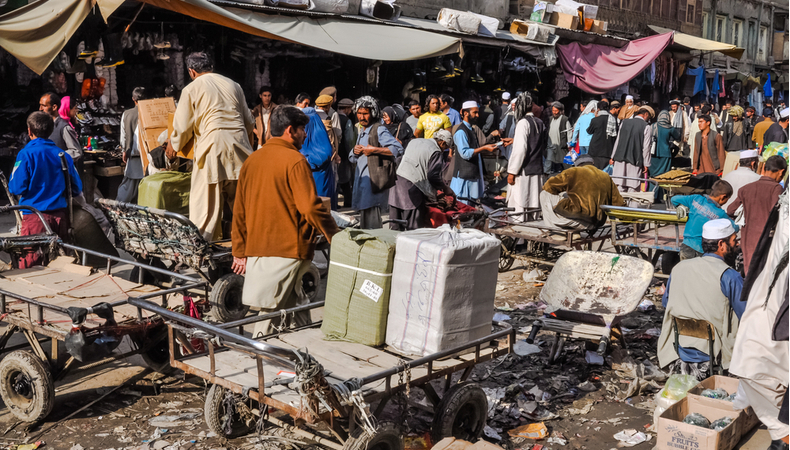Afghanistan: No water and electricity in Kandahar, the Taliban symbol city in crisis


In this Afghan center, nestled between its mosques and madrasas, Mullah Baradar is said to be taking shelter. The streets of the city are busy, but few stop to shop. Even the stalls of the fruit and vegetable bazaar remain empty. In the cradle of Islamic fundamentalism, the traditions of the Pashtun tribes are immutable. There is no electricity when the generators do not restore it, and there is no longer a customer, not even to pay for it.
“This is not Kabul. We all wear beards and turbans,” says one resident. All women wear the burqa. Kandahar receives regular visits from many of the top Taliban leaders who hail from the region. The primary Koranic school in Afghanistan is also here, where many Taliban have studied even though most of the insurgents remain illiterate. Even in Sangesar, the mosque site where Mullah Omar and Baradar founded the Taliban, the situation seems dramatic according to reporters. Abdel Majid Ustad begs Baradar to do something. “Everything is missing. Without water and electricity, we are on our knees.” Hunger and famine can be seen at every corner.
According to a United Nations mission in Afghanistan report, many local farmers became involved in the crossfire between the Taliban and Afghan security forces. The farmers say they want the support of international aid agencies and the assistance of the new Taliban government to help them survive. Pir Mohammed, another farmer, says: “We need food, water, dams and infrastructure in our country. The world should invest in us and save us”.
A week ago, an investigation by the Indian security services seized a cargo of three thousand kilograms of heroin, which left Kandahar in the port of Mundra, thanks to the cultivation of opium in the Helmand valley. Here, thanks to the river of the same name, water is never lacking.




